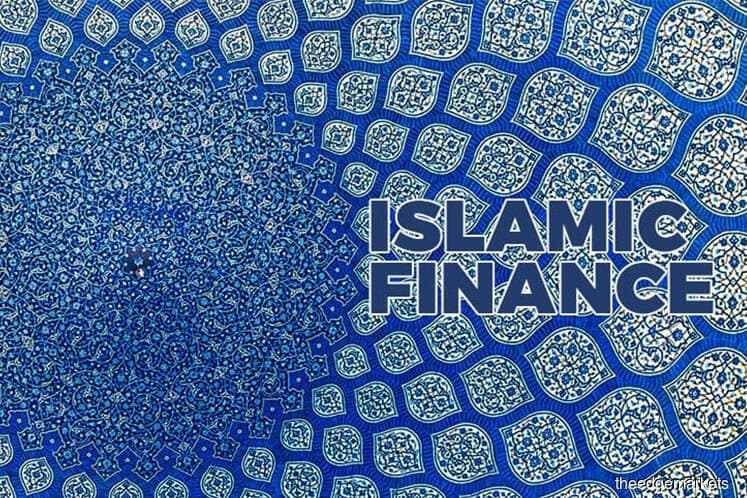
KUALA LUMPUR (Sept 4): Malaysia is expected to continue to dominate global sukuk issuance volumes both in the long- and short-term market, says Moody's Investor Service Inc.
"Within Malaysia, we expect that sukuk issuance by Islamic financial institutions will grow 10% to 13% year-on-year in 2018. The bulk of such issuance will be denominated in ringgit as in previous years," the rating agency said in a report today.
Moody's forecasts an increase in government and corporate sukuk issuance in Malaysia and Indonesia during the year to support growth, offsetting lower issuance from Gulf Corp Council (GCC) sovereigns.
For the first half of 2018 (1H18), Malaysia retained its position as the world's leading issuer with a 41% share, up from 33% a year ago. It issued US$22.4 billion worth of sukuk during the period, up 9% from 1H17.
"The increase reflected a surge in corporate issuance across a broad range of sectors, and an increase in the volume of short-term Islamic Treasury bills issued by Bank Negara Malaysia," said Moody's.
It added that the Malaysian sovereign is increasingly using domestic Islamic instruments to fund its budget deficit.
"It remained the largest domestic issuer with US$6 billion of sukuk issued in 1H18, although this is down 36% year-on-year. Malaysian Government Islamic Issues (MGII) accounted for around 41% of outstanding domestic government debt at the end of the second quarter of 2018, up from 14% at the end of 2008," said Moody's.
Globally, Moody's sees a relatively stable volume of around US$90 billion to US$100 billion this year, little changed from US$100 billion in 2017 while expecting an issuance of US$35 billion to US$45 billion in 2H18.
Commenting on 1H18's performance, Moody's found that sukuk issuance fell 12% year over year to US$55 billion in 1H18, partly because of reduced activity by GCC sovereigns.
The decline in GCC sukuk issuance in 1H18 likely reflected rising oil prices that reduced governments' budget deficits, hence their borrowing requirements, it said, adding that sovereigns and government-related entities remained the largest issuers by value in 1H18, accounting for over 50% of the total.
"In 2H18, we expect sukuk issuance to be from US$35 to US$45 billion, driven by a mix of issuers including sovereigns and financial institutions in the GCC, Malaysia and Indonesia.
"The volume in 2H18 is generally lower than 1H18 as some issuers prefer to concentrate their issuances in early part of the year after they draw up their budget plans," it said.
Moody's said green sukuk issuance is set to accelerate in Malaysia and Indonesia as governments in both countries seek to promote sustainable policy agendas by attracting private capital into low-carbon and climate-resilient infrastructure projects.
"The world's first green sukuk was issued last year in Malaysia, and the government of Indonesia unveiled the first sovereign green sukuk in February 2018, raising US$1.25 billion.
"More recently, BIMB Investment Management Bhd, a subsidiary of Bank Islam Malaysia Bhd, launched the first ever environmental, social and governance (ESG) sukuk fund, which should also support demand for green sukuk," it said.
The Malaysian and Indonesian precedents could encourage other issuers to enter the green sukuk market, in particular GCC governments, which aim to diversify their economies away from the oil industry, said Moody's.